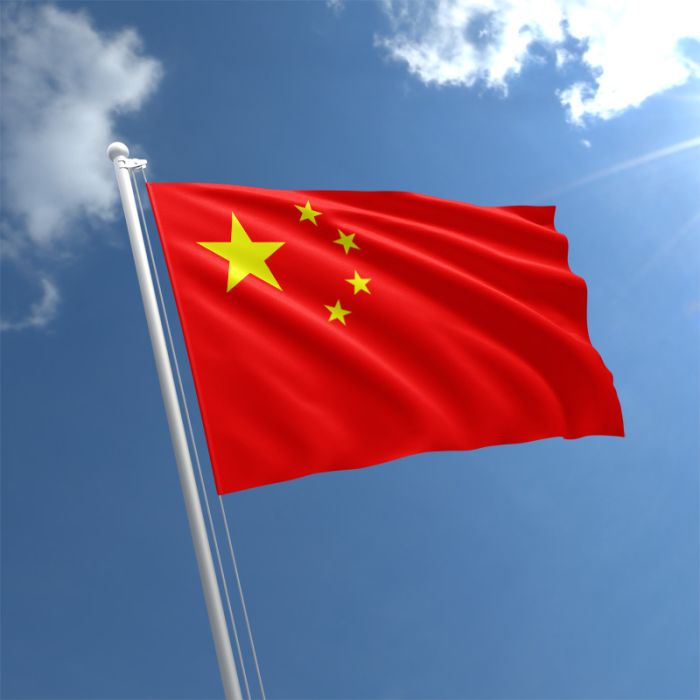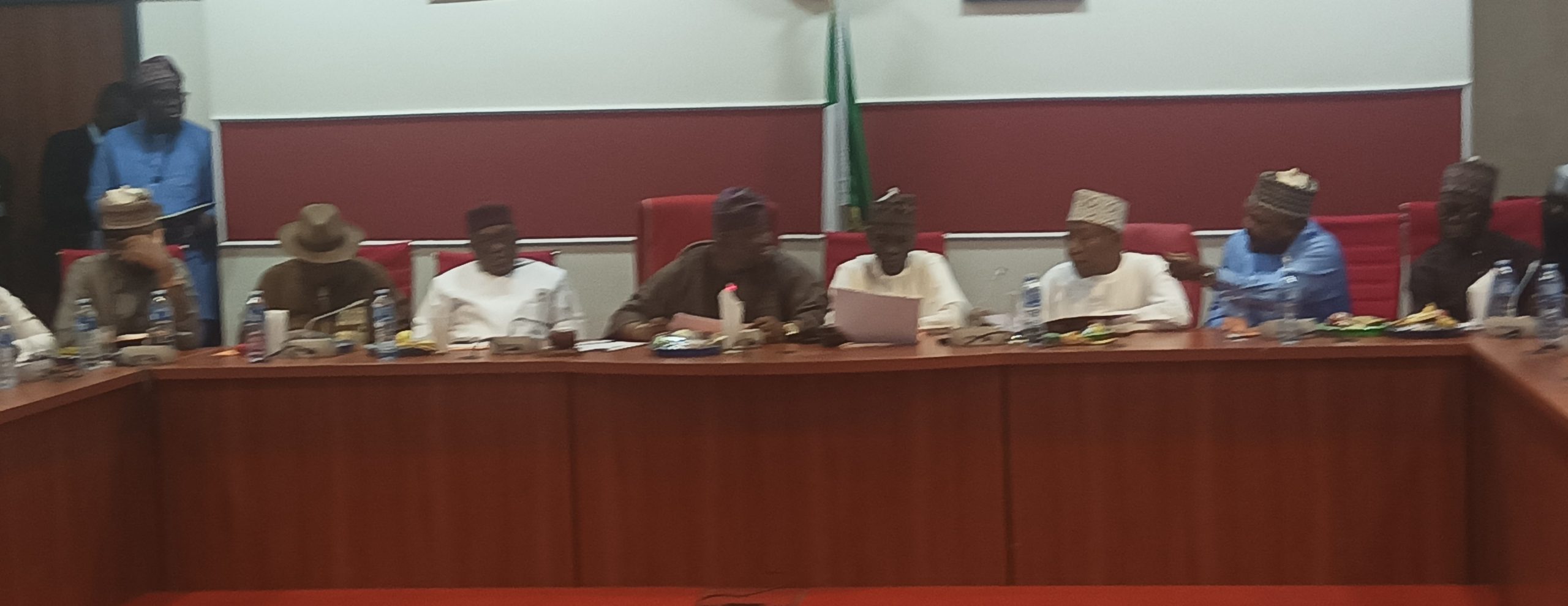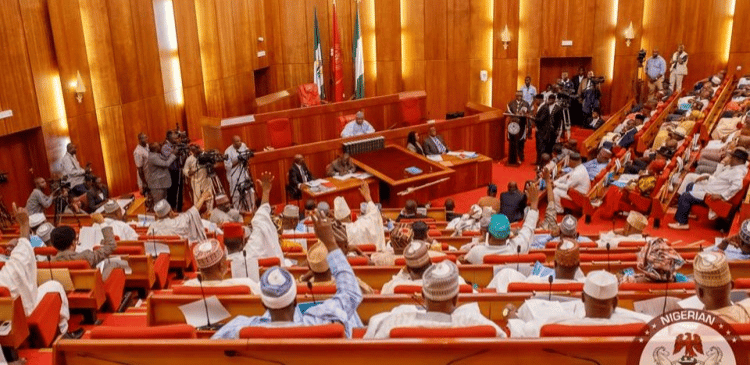Korea Institute for National Unification
Research fellow Lee Jae-young
According to a source familiar with North Korean affairs, a North Korean cargo ship sailing in the West Sea since late February with its Automatic Identification System (AIS) turned off collided with a Chinese vessel on March 13, 2025. Adverse weather conditions made it difficult for the Chinese ship to detect the North Korean vessel in time. As a result, the North Korean ship sank, with reports indicating that 15 to 20 crew members lost their lives. The Chinese vessel had only minor damage. To evade international sanctions, the vessel frequently operated with its AIS turned off. Experts believe the accident took place during an illicit coal transshipment operation between North Korea and China.
North Korea and China have stayed silent about the accident, likely to avoid scrutiny over their violation of international sanctions. Their illegal maritime smuggling activities, especially involving North Korean coal, put Chinese traders at greater risk of sanctions. A good example is South Korea’s independent sanction in July 2024, after authorities caught a North Korean vessel, the Deokseong, transferring coal at sea to the Hong Kong-owned De Yinear Yeosu, South Jeolla Province. In the wake of these incidents, an increasing number of countries have imposed direct and indirect sanctions on Chinese businesses and traders, who also face a growing risk of being labeled as violators of international rules.
In March 2017, a similar incident occurred when a North Korean cargo ship collided with a Chinese vessel off the southeastern coast of China, causing the North Korean ship to sink. At that time, all North Korean crew members were rescued with no casualties. The Chinese authorities also openly disclosed details of the accident. In the recent incident, however, the loss of life was substantial, and it is concerning that the Chinese authorities have entirely avoided addressing it. This sends a troubling signal to the international community that China is readily neglecting its obligation to uphold UN sanctions for the sake of minor economic gains, ultimately undermining its own national interests.
As this case demonstrates, the exposure of illegal trade between North Korea and China will likely negatively impact their future trade and cooperation. Tensions between North Korea’s military, which controls its coal exports, and China’s maritime authorities over who is responsible for the accident seem inevitable. Furthermore, their negotiations to prevent similar incidents in the future are unlikely to be resolved smoothly. While North Korea wants China to overlook sanctions and increase its coal purchases, China is more likely to tighten surveillance and crack down on illegal maritime transshipments to avoid being seen as a sanctions violator.
As a result of this incident, the Asia-Pacific Region’s Port State Control Committee may face growing pressure to increase safety inspections on vessels from North Korea. Satellite surveillance and reconnaissance of ship activities in Chinese waters and the West Sea are also expected to increase. This, in turn, could inadvertently trigger a surge in U.S. and allied reconnaissance operations targeting China’s People’s Liberation Army (PLA) Navy training and coastal military activities, ultimately heightening military tensions for China.
China’s internal and external environment has been deteriorating in recent months. Externally, the U.S. Trump administration has imposed two rounds of additional 20% tariff on all Chinese goods, raising the average tariff rate on Chinese imports to approximately 25%. Additionally, the U.S. has tightened export controls on semiconductor manufacturing equipment bound for China—equipment essential for producing advanced chips like those designed by NVIDIA. Internally, China is grappling with sluggish domestic demand, a real estate downturn, uncontrolled toxic local government debt, a sharp rise in youth unemployment, weak foreign investment inflows, and stagnation in private sector activity. As a result, achieving its 5% economic growth target this year appears increasingly difficult.
Given these challenges, if China continues to engage in illegal trade and support with North Korea despite sanctions, it risks being designated by the U.S. as an obstructionist force hindering North Korea’s denuclearization. This would justify further sanctions and heightened military pressure from the U.S. and its allies.
If China, like Russia—which has recently strengthened its ties with North Korea—makes public statements that imply recognition of North Korea’s nuclear status or openly signals potential military support and cooperation, as seen in the North Korea-Russia treaty signed last year, the U.S. and its allies are likely to further intensity their efforts to contain and pressure China. Moreover, if China blatantly ignores sanctions and engages in smuggling or military cooperation with North Korea, as Russia has done, it risks not only facing complete isolation on the international stage—much like Russia’s expulsion from the G8—but also being subjected to even harsher economic retaliation.
As a permanent member of the UN Security Council, China has an obligation to condemn and prevent North Korea’s troop deployment to the Russia-Ukraine war and Russia’s potential transfer of advanced weaponry to North Korea—both of which raise serious legal and security concerns. Furthermore, as North Korea and Russia grow closer, China’s influence over Pyongyang is weakening. To avoid a scenario in which Moscow assumes the role of mediator in a potential U.S.-North Korea summit under the Trump administration—leaving China sidelined—it is in Beijing’s best interest to take active steps to curb growing North Korea-Russia cooperation.



